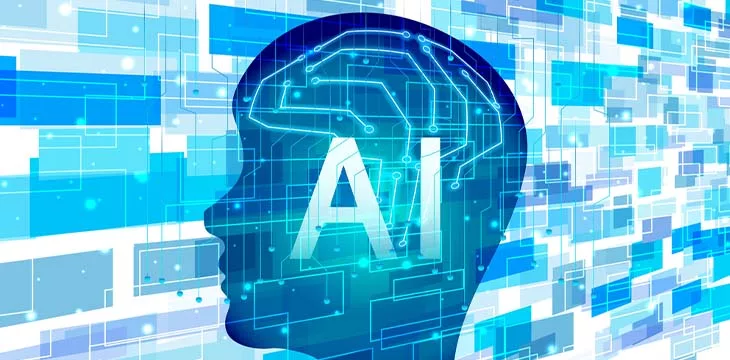|
Getting your Trinity Audio player ready...
|
While India is committed to artificial intelligence (AI), the nation also needs to implement some “Do’s and Don’ts” to prevent misuse, India’s Prime Minister Narendra Modi told Bill Gates, the co-founder of software giant Microsoft (NASDAQ: MSFT), in a very candid chat.
During the conversation, Modi said he wants to use technology to improve Indians’ ease of living. “While AI is such a good technology,” Modi said that there could be a significant risk of misuse without proper training.
“We can start with clear watermarks on AI-generated content or visuals so that no one is misguided. That is not to belittle AI creations but to recognize them for what they are,” Modi told Gates.
Deepfakes are another area of concern, according to Modi. It is crucial to acknowledge that deepfake content is AI-generated along with its source.
The technological advancements India is most excited about are in the healthcare, agriculture and education sectors, Modi told Gates.
“AI is very important, and sometimes I joke that in India a child’s first words are “Aai”—which means “mother” in many Indian states – as well as “AI”—children have become so advanced,” Modi said.
The South Asian nation recently approved over Rs 10,300 crore ($1.24 billion) for the IndiaAI Mission, slated over the next five years, to boost the country’s AI ecosystem. The investment comes at a time when India is aiming to become a $5 trillion economy by 2027-2028 and the world’s third-biggest economy, with AI and blockchain as key catalysts. India is also getting ready for elections, scheduled from April 19 to June 1, where Modi is seeking a third consecutive term in office, bolstered by strong economic growth.
“Currently, I am pushing AI to recognize and adapt the various Indian languages and dialects,” Modi told Gates.
During India’s G20 Presidency, which lasted from December 2022 to November 2023, Modi said India used AI technology extensively. The G20 campus used AI-based solutions for language interpretation. India equipped all chauffeurs with a mobile app for hassle-free translation while communicating with guests. The app allowed chauffeurs to understand and respond in their own language while the translation was being done by AI. That enabled hassle-free conversations between speakers of different languages.
“If I am relying on AI due to laziness—for instance, getting ChatGPT to write a letter for me—that is not right. We should use AI tools like ChatGPT to constantly improve ourselves. We should compete with AI and challenge it,” Modi told Gates.
India is expected to release a draft regulatory framework for AI by July to use the technology for economic growth while setting up guardrails to prevent misuse.
India AI-ready
The South Asian nation has introduced its first AI teacher robot, called IRIS. Created by Maker Labs, IRIS is based on generative AI.
“With IRIS, we’ve set out to revolutionize education by harnessing the power of AI to create a truly personalized learning experience. By adapting to each student’s needs and preferences, IRIS empowers educators to deliver engaging and effective lessons,” Maker Labs said.
Investments into AI startups are also flowing in. Nanonets, an AI-based document workflow automation startup, has raised $29 million in a funding round led by Accel and backed by existing investors Elevation Capital and Y Combinator.
In order for artificial intelligence (AI) to work right within the law and thrive in the face of growing challenges, it needs to integrate an enterprise blockchain system that ensures data input quality and ownership—allowing it to keep data safe while also guaranteeing the immutability of data. Check out CoinGeek’s coverage on this emerging tech to learn more why Enterprise blockchain will be the backbone of AI.
Watch: Foundational tech blockchain & AI can reinforce each other

 08-15-2025
08-15-2025 





